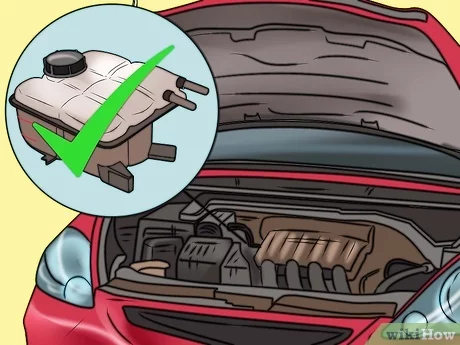How to Cool the Engine on a Car
Introduction
A car engine generates a lot of heat as it runs. This heat needs to be removed to prevent the engine from overheating and damaging its components. The engine cooling system is responsible for removing this heat.
The Engine Cooling System
The engine cooling system consists of the following components:
- Radiator
- Water pump
- Thermostat
- Coolant
The radiator is a heat exchanger that transfers heat from the coolant to the air. The water pump circulates the coolant through the engine and radiator. The thermostat regulates the flow of coolant through the radiator, allowing it to open when the engine is hot and close when the engine is cold. The coolant is a liquid that absorbs heat from the engine and carries it to the radiator, where it is released into the air.
How to Cool the Engine
There are a number of things that you can do to cool the engine on your car, including:
- Make sure that the coolant level is full.
- Check the radiator for leaks.
- Replace the thermostat if it is not working properly.
- Flush the cooling system every 2 years or 30,000 miles.
- Avoid driving in hot weather, if possible.
- If you have to drive in hot weather, use the air conditioning.
- Park in the shade whenever possible.
Troubleshooting Engine Cooling Problems
If you are experiencing engine cooling problems, there are a number of things that you can do to troubleshoot the problem, including:
- Check the coolant level.
- Inspect the radiator for leaks.
- Check the thermostat.
- Flush the cooling system.
If you are unable to solve the problem yourself, you should take your car to a mechanic.
Conclusion
The engine cooling system is an important part of your car. By following the tips in this article, you can help to keep your engine running cool and prevent overheating.





